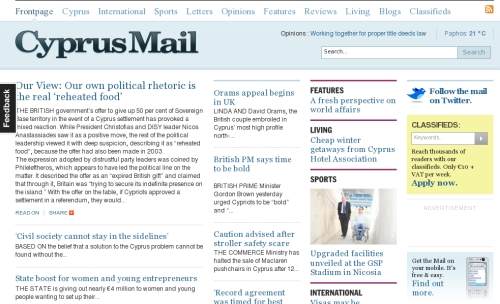I came across a plugin for CakePHP which helps to check if the certain code follows CakePHP coding style. While I haven’t tried it, I think the better way is to utilize CodeSniffer. As per PHP_CodeSniffer PEAR page:
PHP_CodeSniffer tokenises PHP, JavaScript and CSS files and detects violations of a defined set of coding standards.
Which basically means that PHP_CodeSniffer is a generic tool for validating your code. You can use for CakePHP, WordPress, or any other PHP project that you are working on. The best part is that you can create your own set of rules regarding coding style and then make sure that your team follows it. If you don’t care that much for your own rules, then you can use one of the many existing rulesets. Some of these come together with CodeSniffer package, others are available on the Web.
Setting up CodeSniffer for my team at work has been a long lasting TODO item, however it looks like I will be able to start working on this next week. Once it created, tested, and everyone is happy with it, we’ll have it in the pre-commit hook in our Subversion repository. This way, we will prevent commits of any code that does not follow our rules. Of course, I plan to only run CodeSniffer against the code that we wrote in-house. There is no need to re-format all the third-party code just for the sake of it. Plus, we are rarely doing any modifications of the third-party code at all.
